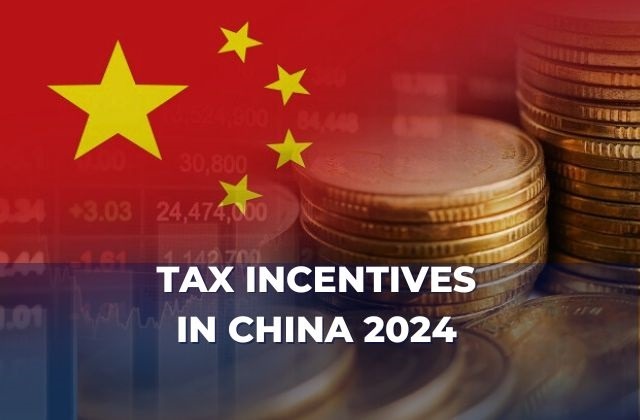
International Women’s Day is coming up, and people worldwide are praising the growing participation of women in workplaces, politics, and academia, addressing areas that still require improvement, such as wage gaps, and emphasizing the need to maintain awareness of gender equality in society. And what’s China doing on this front?
This post lists several key considerations for international employers when recruiting and employing women in China.
Higher education
In contemporary China, Chinese women are more educated than ever before. This is reflected, for instance, in a recent Statista report showing that in 2021 Chinese women comprised nearly a quarter (24%) of global applicants for international patents. Surprising? Not necessarily. Over the last years, an increasing number of women have graduated from higher education institutions in China. An OECD report reveals that in 2019, women in China represented 55% of first-time entrants to tertiary education, a similar figure to the OECD average.
Female representation in management positions
Due to the rise in the level of education of women, and the transformation China has undergone from a predominantly agricultural to an urban, technological, and industrial society, many Chinese women have managed to attain senior roles in international companies doing business in China.
Chinese cities’ labor markets today are filled with talented women. Foreign managers doing business in China can rely on a vast pool of skilled and ambitious female workforce. We at PTL Group are happy to share that 95% of our employees are women, and that professional women staff the vast majority of our key departmental management positions.

Meet Jean Liu:
A native of Beijing, Liu holds a bachelor’s degree from Peking University and a master’s degree from Harvard University in computer science. Liu worked for 12 years at the international investment company Goldman Sachs, including two years as Managing Director.
In 2014 she joined Didi, China’s largest mobile transportation company, as Chief of Operation. Today Liu serves as Didi’s president. Under her tenure, Liu promoted a development program for women, so that in 2017, 37% of Didi’s tech positions were occupied by women, and she also beat Uber, the competing company, forcing it to sell its operation in China.
In 2017 Liu was included in Time’s list of the most influential people in the world, and in 2018 was included in Forbes’s list of the world’s top 50 women in tech. In her private life, Liu is also a mother of three.
Hiring female employees in China? You better read this-
Measures to protect women’s rights and advance their status and economic security are also taken in the employment laws field. In late 2021, amendments to China’s Women’s Rights and Interests Protection Law were proposed, and the updated law is expected to be officially enacted during 2022. The law, which first took force in 1992 and has been modified once in 2005, aims to combat female discrimination and better safeguard women’s interests in workplaces. The amendments that are going to take effect this year include:
- Prohibition of employers while recruiting in China to question female candidates about their marriage or childbearing plans.
- Prohibition of employers to make hiring or promotion decisions based on an employee’s gender, and prevent the legal rights of a female employee who gets married, gets pregnant or takes maternity leave.
- Recommendations for workplaces to establish internal mechanisms to increase awareness of preventing sexual harassment and handling such complaints.
- Clarification and expansion of the definition of sexual harassment. The new definition stipulates that sexual harassment of any form is prohibited, including comments deemed as having sexual connotations, inappropriate body behavior, inappropriate images, text, audio, and video with explicit sexual significance, and inappropriate sexual offers in exchange for professional gains.
With women making their mark on China’s labor market, it’s strongly recommended that international companies pay attention to Chinese women’s growing power, and leverage it. Check out our HR and recruitment services in China and get in touch to build a great local team in China.



